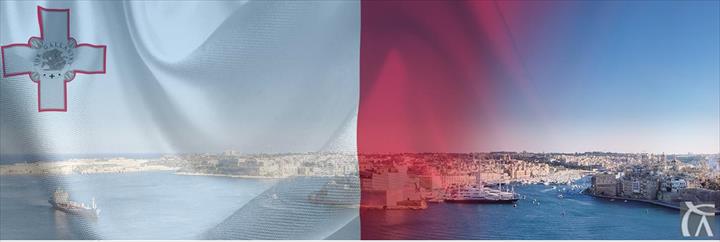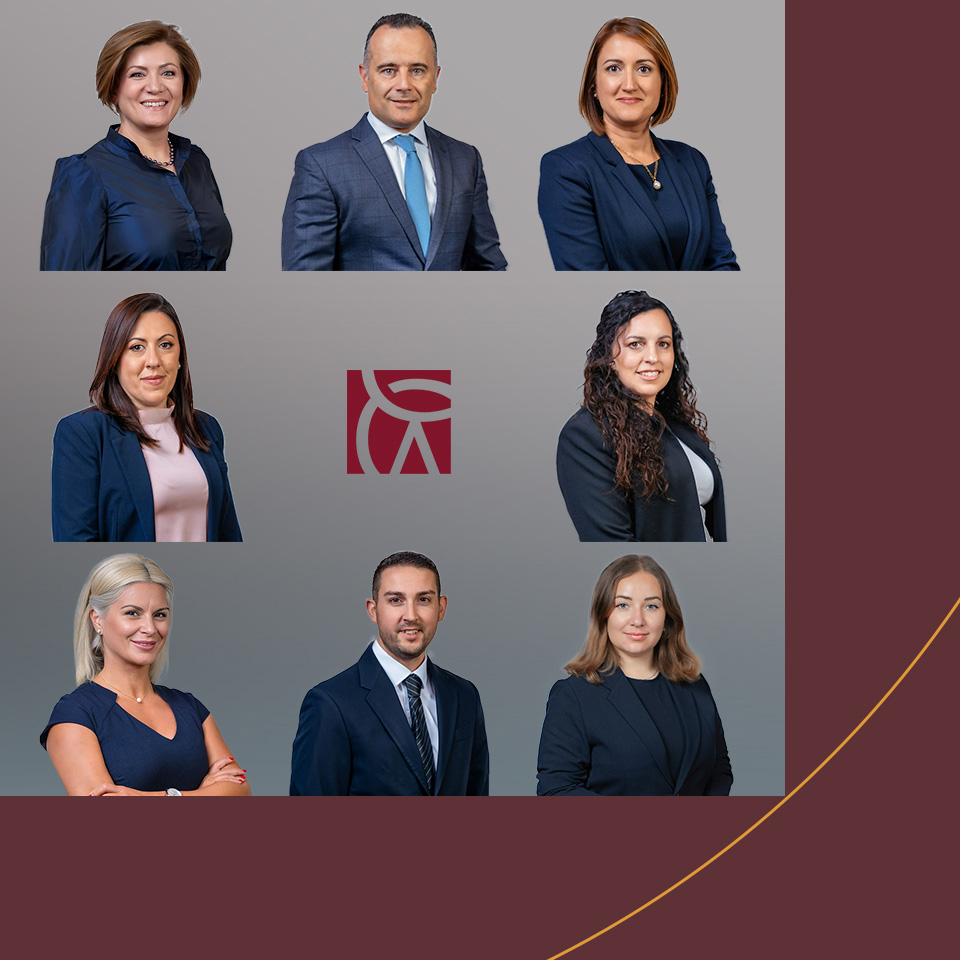Revocation of Maltese Citizenship
Revocation of Maltese Citizenship, also known as Deprivation of Citizenship, is one of the two modes through which Maltese citizenship may be lost. Its legal effect is that a person ceases to be a Maltese citizen once the Minister responsible makes an order to such effect. Essentially, deprivation may only ensue in respect of persons who acquired Maltese citizenship by registration or naturalisation.
The Maltese Citizenship Act stipulates five exhaustive grounds through which the Minister may decide to deprive a citizen from his or her Maltese citizenship. This means that revocation of Maltese Citizenship is subject to the Minister’s discretion who shall give a notice in writing to the person concerned prior to the issuance of an order so as to inform him or her of the ground on which deprivation is proposed to be made. Such notice shall also inform such person of the right to an inquiry.
However, there is a legal obligation on the Minister not to issue orders for the deprivation of any person who, having been sentenced to a punishment restrictive of personal liberty for a term of not less than twelve months, may become a stateless person. A committee, known as the Committee of Inquiry, is the body that inquires into cases to it by Minister of aggrieved persons referred. Decisions by the Committee of Inquiry are generally taken by a majority vote and the decision shall be reduced in writing.
Grounds for Revocation of Maltese Citizenship
Deprivation may be because:
- citizenship was acquired by means of fraud, false representation or the concealment of any material fact; or
- such citizen has shown himself or herself by act or speech to be disloyal or disaffected towards the President or the Government of Malta; or
- such citizen had engaged, unlawfully traded or communicated with an enemy or been engaged in or associated with any business that was motivated by willingness to assist an enemy in that war; or
- such citizen has, within seven years after becoming naturalised or registered as a Maltese citizen, been sentenced in any country to a punishment restrictive of personal liberty for a term of not less than twelve months; or
- such citizen has been ordinarily resident in foreign countries for a continuous period of seven years and during such time, he or she has neither been in the service of the Republic or of an international organisation of which the Government of Malta was a member nor given a notice in writing to the Minister of his or her intention to retain citizenship of Malta.
The five grounds on which a deprivation may take place may be divided into two main categories.
- The first category comprises the first ground whereby the person who is the subject of deprivation was, in fact, never entitled to the acquisition of Maltese citizenship but for his or her mala fede.
- On the other hand, the second category incorporates the other four grounds whereby deprivation is the result of conduct that is not conducive to the public interest. This means that such person would have been eligible at the time of the acquisition of Maltese citizenship but later becomes disqualified.
What the experts say on Revocation of Maltese Citizenship by Investment
According to Professor Kevin Aquilina, Dean of the Faculty of Laws, there are several principles underpinning the Maltese legal system that do no warrant the revocation of Maltese citizenship capriciously. The Individual Investor Programme is part and parcel of the Act. Revocation may only take place if any of the exhaustive grounds apply as in the other cases where a certificate of naturalisation is granted. It is no secret that legal and political issues will spring if citizenship is revoked for no legal reason. First of all, diplomatic disputes might arise between the state of Malta and those states whose citizens have applied under the IIP arguing that their citizens are treated as second-class citizens.
A pivotal implication brought about by the acquisition of Maltese citizenship is that every Maltese citizen is equal to any other Maltese citizen irrespective of how it was acquired. As a result, naturalised citizens are entitled to seek judicial redress to challenge a decision to this end. The legal bases for such action are various. The notion of vested rights mean that once a right has been granted to an individual then the State cannot decide to revoke it without entering into an agreement with right holders. Moreover, a legitimate expectation is created once a person becomes a right holder in view of the right towards an unfettered enjoyment thereof. This supports the principle of certainty of the law excluding political administration as the criterion for legal uncertainty. A state is bound to exercise utmost good faith vis-à-vis its citizens on the basis of the rule of law. This means that arbitrariness and unreasonableness cannot serve as the basis for the revocation of citizenship.
The IIP has been introduced legally and requires that applicants be in good faith. Therefore, unfounded revocation would mean that the State breaches its duty to act in good faith as a reciprocal obligation. The Attorney General opined that laws are to be enacted and interpreted in conformity with the Constitution of Malta. Therefore, revoking citizenship merely for having been acquired through the IIP violates both the provisions against discrimination within the Constitution as well as the European Convention of Human Rights. Professor Aquilina adds that depriving someone’s citizenship may render him a stateless person. All Maltese citizens are entitled to equal protection by the State irrespective of diversity.
Professor Ian Refalo, leading constitutional expert, reiterates that the revocation of Maltese citizenship amounts to serious brief of human rights. Deprivation can never take place capriciously irrespective of the mode of acquisition. Refalo explained that the Opposition’s position is not congruent with the protection for human rights. First, a collective revocation of all those persons who acquired Maltese citizenship will raise international human rights concerns. Both the Universal Declaration of Human Rights and the Charter of Fundamental Rights of the European Union prohibit any measures that similar to collective expulsions. Also, the filing of a judicial protest by the Opposition Party has no legal basis on the basis that the amendment of the IIP creates legitimate expectations even in favour of prospective applicants.
Blanket Revocations not Allowable
Additionally, on account of the principle of proportionality, the Opposition Party’s claim back in 2014 to revoke the provision of the IIP within Chapter 188 is valid due to the fact that it is an ordinary legislation. Thus, while it is valid to amend the law in a way that no person may acquire Maltese citizenship through IIP, it is legally invalid to revoke the citizenship of all those persons who acquired it thereunder.
Though initially, the European Commission had antagonistic views on the entire IIP its position changed once the law is amended to include a 12-month residency requirement to ensure that a genuine agreement is entered into between the state of Malta and the applicants.
Copyright © 2025 Chetcuti Cauchi. This document is for informational purposes only and does not constitute legal advice. Professional legal advice should be obtained before taking any action based on the contents of this document. Chetcuti Cauchi disclaims any liability for actions taken based on the information provided. Reproduction of reasonable portions of the content is permitted for non-commercial purposes, provided proper attribution is given and the content is not altered or presented in a false light.






